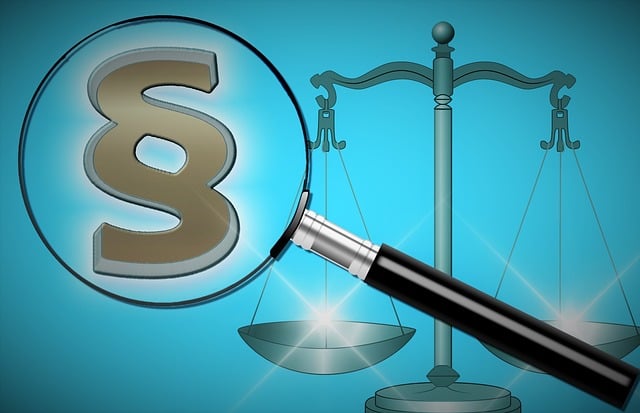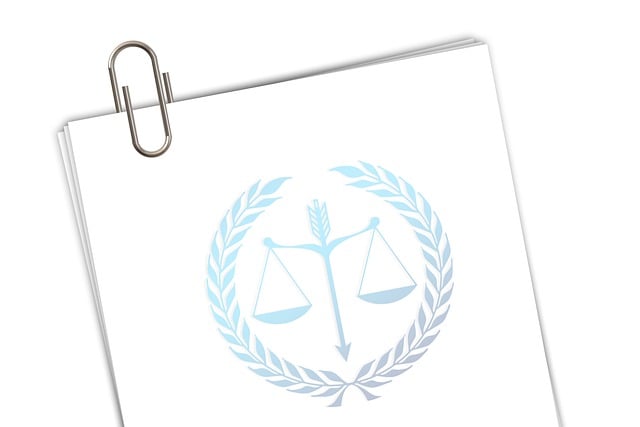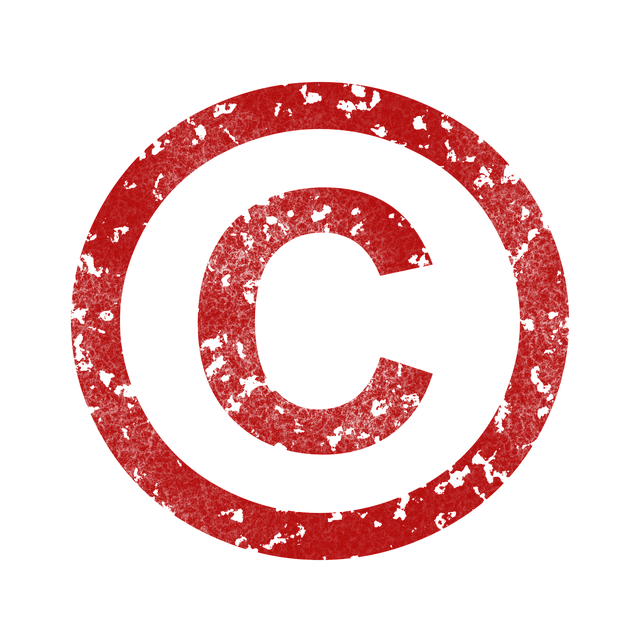A Whistleblower Protection Lawsuit is a legal tool for individuals exposing illegal or unethical activities in organizations, aiming to safeguard them from retaliation and ensure proper legal protections. Success depends on a deep Understanding Regulatory Law Litigation Stages, covering disclosure of information, pre-litigation strategy, filing complaints, discovery, motion practice, and trial. These lawsuits drive transparency, accountability, and positive change by empowering whistleblowers through strategic legal representation, as seen in notable cases leading to multimillion-dollar settlements. Robust legal support navigates complexities, fostering a culture of integrity within institutions.
“Uncovering truth and accountability: Navigating Whistleblower Protection Lawsuits provides a comprehensive understanding of regulatory law litigation stages. This article demystifies the process, from identifying wrongdoings to seeking justice. We explore key stages in regulatory litigation, highlighting the crucial role whistleblowers play in exposing corporate scandals and ensuring transparency.
Learn about legal protections afforded to these brave individuals and gain insights from successful case studies, showcasing the impact of whistleblower protection lawsuits.”
- What is a Whistleblower Protection Lawsuit?
- Key Stages in Regulatory Law Litigation
- The Role of Whistleblowers in Exposing Wrongdoings
- Legal Protections for Whistleblowers
- Case Studies: Successful Whistleblower Protection Lawsuits
What is a Whistleblower Protection Lawsuit?

A Whistleblower Protection Lawsuit is a legal action initiated by an individual—known as a whistleblower—who reveals illegal or unethical activities occurring within a government agency, corporation, or any other organization. This lawsuit serves as a mechanism to protect whistleblowers from potential retaliation and ensure they are afforded proper legal protections. Understanding regulatory law and the litigation stages is crucial in navigating these high-stakes cases.
The process involves all stages of the investigative and enforcement process, from the initial disclosure of information to achieving extraordinary results through legal avenues. In such sensitive matters, effective representation is key to safeguarding whistleblowers’ rights and ensuring their voices are heard. Whistleblower protection lawsuits play a vital role in maintaining transparency, fostering accountability, and driving positive change within various sectors.
Key Stages in Regulatory Law Litigation

Whistleblower Protection Lawsuits involve a nuanced understanding of Regulatory Law Litigation Stages. The initial phase involves the disclosure of information—a whistleblower must first uncover and present evidence of illegal or unethical activities within an organization. This crucial step sets the stage for subsequent actions, as it establishes the existence of potential violations.
Once disclosed, the case proceeds through key stages: pre-litigation strategy, filing a complaint, discovery, motion practice, and trial. Each phase demands strategic planning and legal expertise to navigate complexities and overcome challenges. Achieving extraordinary results often relies on thorough preparation, effective communication of evidence, and strong advocacy across the country—from local courts to philanthropic and political communities—to ensure justice and protect public interest.
The Role of Whistleblowers in Exposing Wrongdoings

Whistleblowers play a pivotal role in exposing wrongdoings and protecting the public interest. They are individuals who come forward with information about illegal, unethical, or fraudulent activities occurring within an organization. By doing so, whistleblowers initiate a process that can lead to significant changes, hold perpetrators accountable, and prevent future misconduct. This act of courage often involves navigating complex legal landscapes, including understanding regulatory law and the various litigation stages.
In many cases, whistleblowers face personal risks and challenges when they expose wrongdoings. They may experience retaliation from employers or organizations, which can range from termination to legal action. However, whistleblower protection laws provide a safeguard for those who come forward in good faith. These laws establish specific procedures and protections throughout all stages of the investigative and enforcement process, ensuring that whistleblowers have a voice and their concerns are taken seriously. An unprecedented track record of successful whistleblower actions underscores the importance of these laws in fostering transparency and accountability within institutions.
Legal Protections for Whistleblowers

Whistleblower protection laws offer a safety net for individuals who expose illegal or unethical activities within their respective businesses or corporate entities. These legal protections are designed to ensure that whistleblowers can come forward with confidence, knowing they won’t face retaliation from employers or others involved. Understanding regulatory law and the litigation stages is crucial in navigating these protections.
The investigative and enforcement process involves multiple stages, where all parties—from corporate and individual clients to government agencies—play a role. Each stage requires careful consideration of legal rights and responsibilities. This comprehensive approach ensures that all aspects of an investigation are fair, transparent, and compliant with relevant laws.
Case Studies: Successful Whistleblower Protection Lawsuits

Whistleblower protection lawsuits have seen significant success through strategic understanding of regulatory law and navigating the various litigation stages. Case studies illustrate powerful examples where individuals have taken a stand against unethical practices, leading to substantial outcomes. For instance, a former employee of a major corporation exposed accounting fraud, resulting in a multi-million dollar settlement after successful legal representation focused on white collar defense tactics. This demonstrates the potential impact when whistleblowers are equipped with robust legal support throughout each litigation stage, from initial reporting to final resolutions.
These cases not only highlight the importance of whistleblower protection but also shed light on the intricate processes involved in understanding regulatory law. The journey often includes extensive investigations, motions for summary judgment, and, in many instances, jury trials where the truth is decided by a group of citizens. Successful outcomes in these lawsuits contribute to a stronger culture of accountability within organizations, deterring white collar and economic crimes by setting precedents that protect both whistleblowers and the public interest.
Whistleblower protection lawsuits play a pivotal role in upholding justice and fostering transparency within organizations. By understanding the key stages of regulatory law litigation, we can recognize the essential contribution of whistleblowers in exposing wrongdoings and the legal protections that safeguard their rights. Navigating these processes encourages individuals to come forward with crucial information, ultimately revolutionizing corporate accountability. Through case studies of successful lawsuits, it’s evident that a comprehensive grasp of the regulatory litigation landscape is instrumental in securing favorable outcomes for whistleblowers and ensuring compliance with laws designed to protect them.






